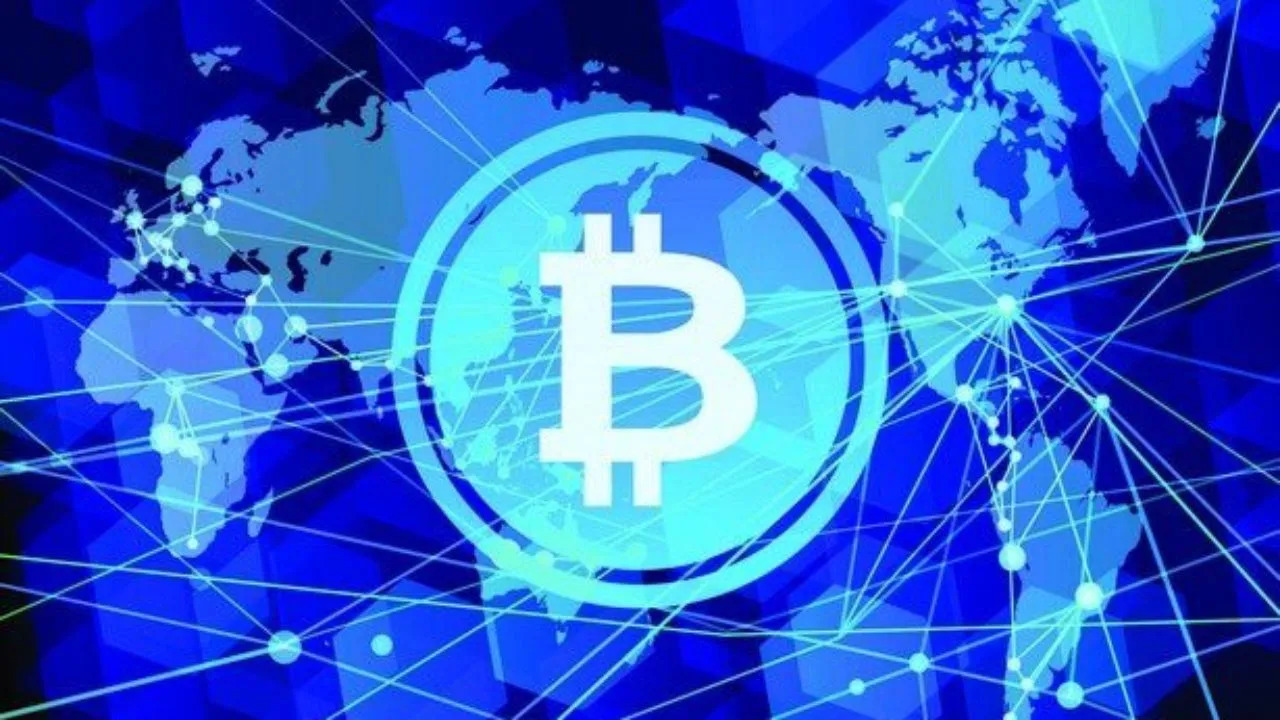What Bitcoin Means to Me
Thoughts and reflections on crypto currency and how I got into it
2021-02-15

When I first stumbled across bitcoin in late 2010, the currency was almost 2 years old. It was still profitable to mine, and I saw this as a no-cost barrier to entry. I began mining immediately but eventually quit, as I only had a laptop and thought it was doing more harm to my hardware than I was getting in return. (Spoiler: at today’s prices, mining my laptop into the ground would’ve been successful). My father was also unhappy with the negative effects on the electric bill and ultimately the environment (“wasteful”). Thus, I forgot about it for a few months more until I was introduced to Bitcoin once more when price spikes made the news (and Mt. Gox fell), and quickly became obsessed with all of its advantages.
I have been interested in savings and investing since I could do yardwork (and earn money), and thus chose to study economics. These studies coincided with Bitcoin’s creation (see also: 2008 financial crisis) and certainly shaped my worldview. The intersection of my interests and Bitcoin gave me hope for a digital financial future. Bitcoin would: provide banking services to the third-world (the “unbanked”); eliminate “minimum purchase” thresholds (because of low transaction costs); and provide a means to exchange currencies easily (for the same reason). The potential to change the global economy as both a currency and a store of value was wildly fascinating to me. Then I went even deeper (and moved abroad for school).
Decentralization: The golden ticket of the new economy. Airbnb, Uber, and many others show us that decentralization is the next big thing (if it isn’t already). Bitcoin maximalists are quick to point out how no single entity controls Bitcoin. There are nodes throughout the world monitoring the public ledger (the blockchain). The government cannot seize your assets, and you are in complete control via your private key. Perhaps the biggest hurdle to a perfect digital currency was the “double-spend” issue, one that was solved by Bitcoin. With Bitcoin, all transactions are irreversible. A block is mined about once every fifteen minutes, and undoing a transaction before the new block is mined (written in stone) would cost a vast amount of money, more than any entity could come up with (nevermind the amount of computing power required) in 15 minutes. Thus, Bitcoin is decentralized and secure. (For more on this, see this post on the history of the issue. Daniel Jeffries is one of my favorite writers in the Crypto space.)
Sports betting is illegal in the United States, where I was living at the time. It had always been an interest of mine, and Bitcoin provided me with the ability to participate, despite my location. (Yay, Bitcoin!) I am still betting today, and am proud to say that I am in the green overall (although not as insanely profitable as I would wish. But then again, what bettor is satisfied?). Without this, I might have given up on Bitcoin and missed out on getting in “early.” Spoiler alert: It’s still early. Buy Bitcoin.
I last bought Bitcoin when the price was ~$235 in late 2015 and haven’t looked back. I believe that the future of Bitcoin will come down to two paths, both involving Bitcoin being a long-term store of value and another coin or coins used in day-to-day transactions. The first sees Bitcoin as a global reserve currency (The Bitcoin Standard by Saifedean Ammous) and other (government? ) issued day-to-day coins, while the other option has Bitcoin as a long-term store of value (a “legacy” coin) and a different currency taking over daily transactions. I predict the latter, as government involvement goes against the decentralization principle in which crypto is built. Both scenarios seem straight out of a sci-fi novel, but that’s where we are headed. The world is increasingly more and more unified. As information and awareness spreads, individuals are increasingly distrusting of large corporations and governments. Buy Bitcoin. HODL.